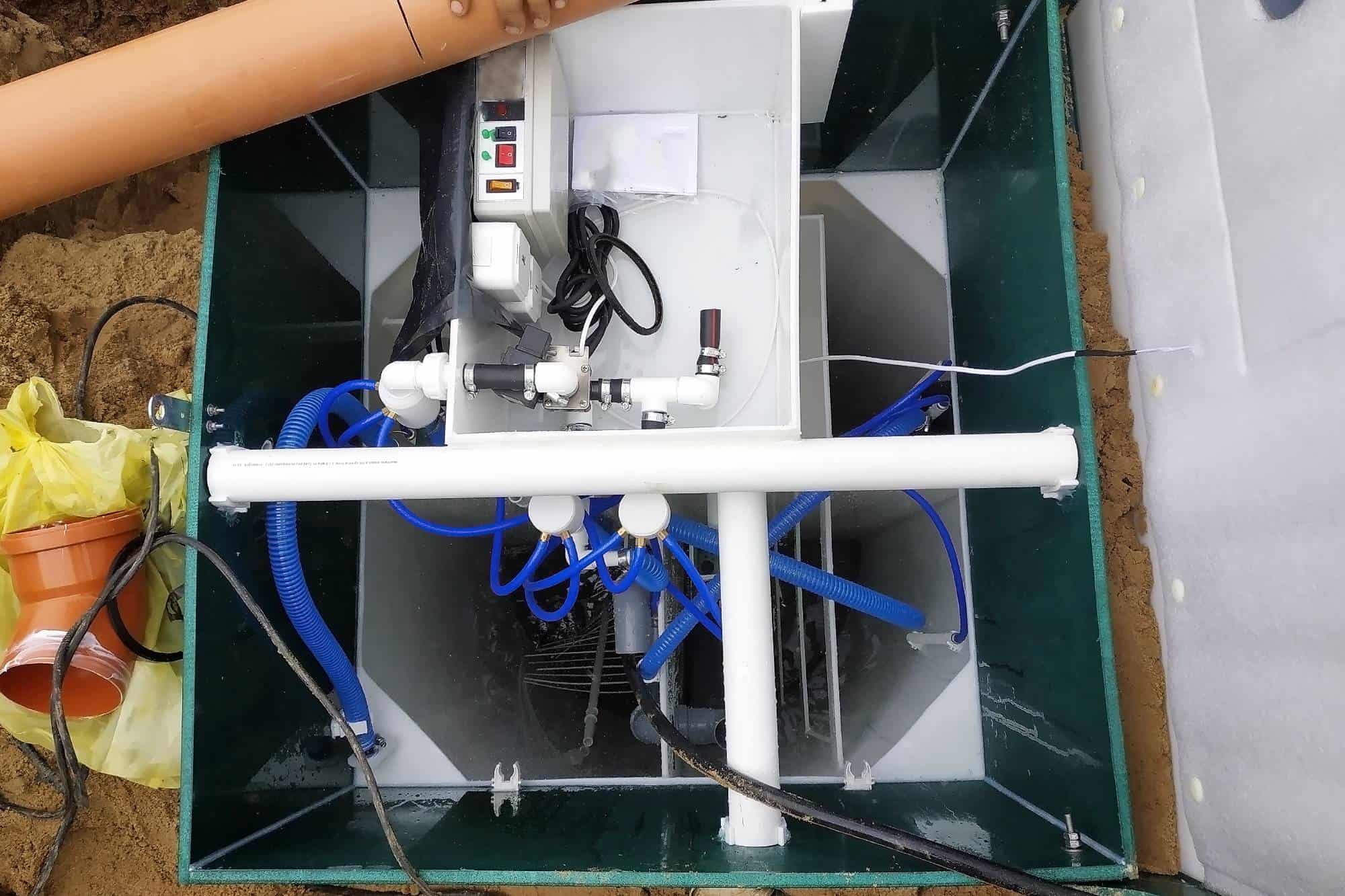Stop worrying about your basement every time it storms. Professional sump pump installation keeps water out automatically, 24/7.
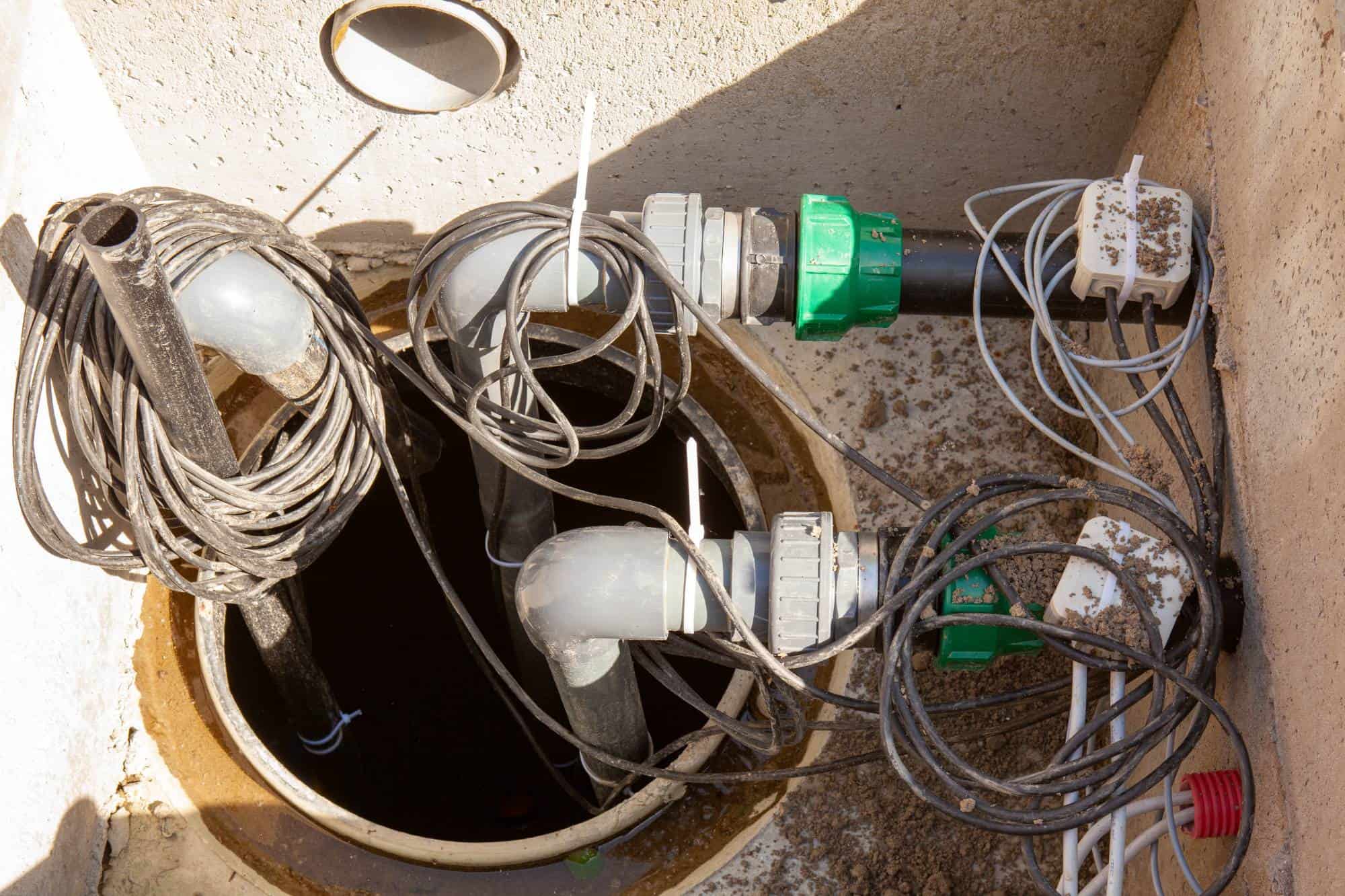
Hear From Our Customers
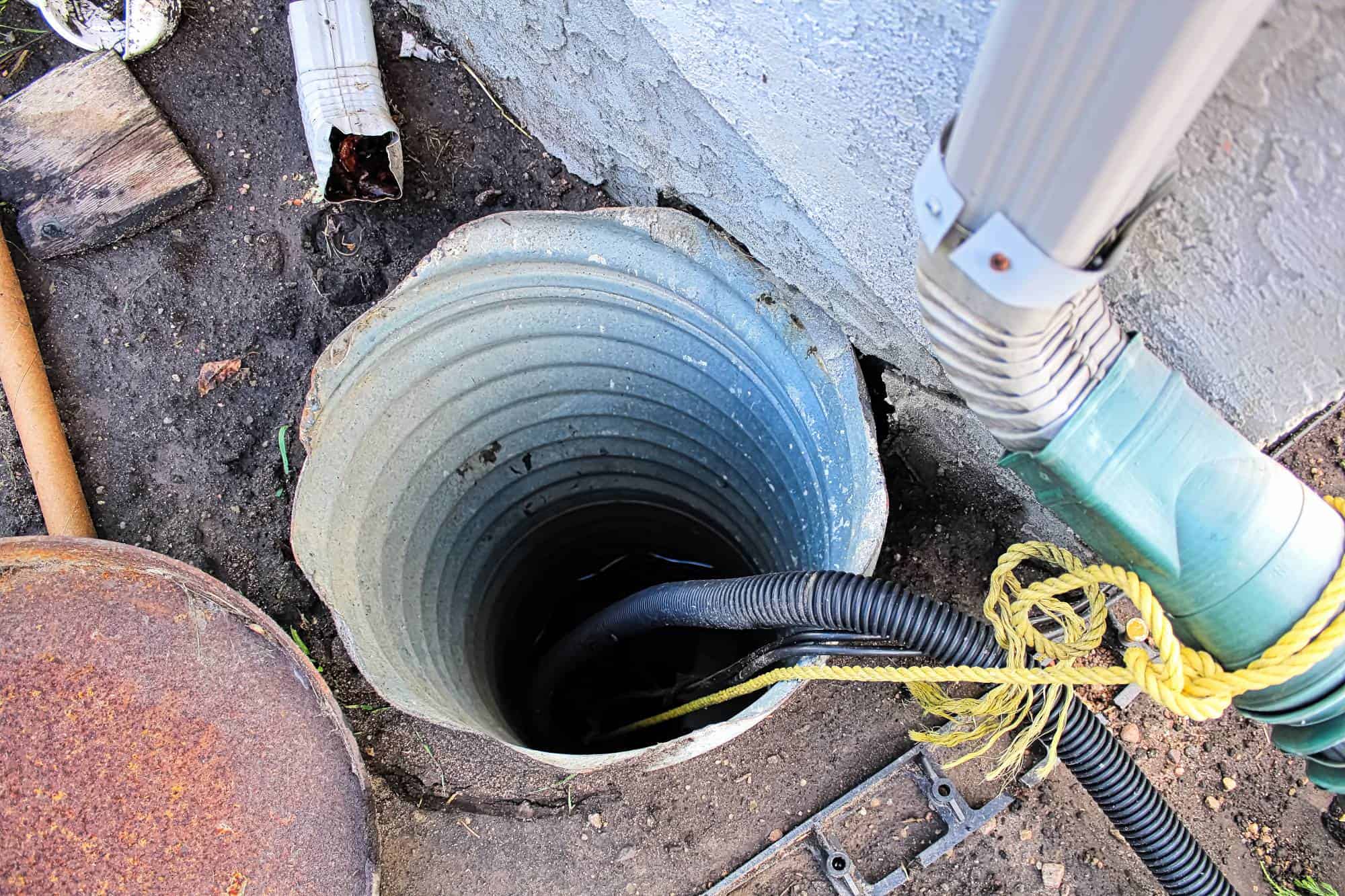
You’ll stop checking your basement every hour when heavy rain hits Streamwood. No more moving everything off the floor when the weather forecast shows storms.
A properly installed sump pump handles water before you even know it’s there. Your finished basement stays finished, your belongings stay safe, and your stress level drops to zero when thunderstorms roll through.
That’s what happens when water gets pumped out automatically, without you lifting a finger.
We’ve been protecting Chicago-area basements since 2001. We understand how Streamwood’s soil conditions and weather patterns affect your home’s water management needs.
Our emergency plumbers respond 24/7 because sump pump failures don’t wait for business hours. We’ve seen what happens when systems fail during those intense storms that dump two inches of rain in an hour.
You’re getting a system sized and positioned specifically for your property’s needs and Streamwood’s unique water challenges.
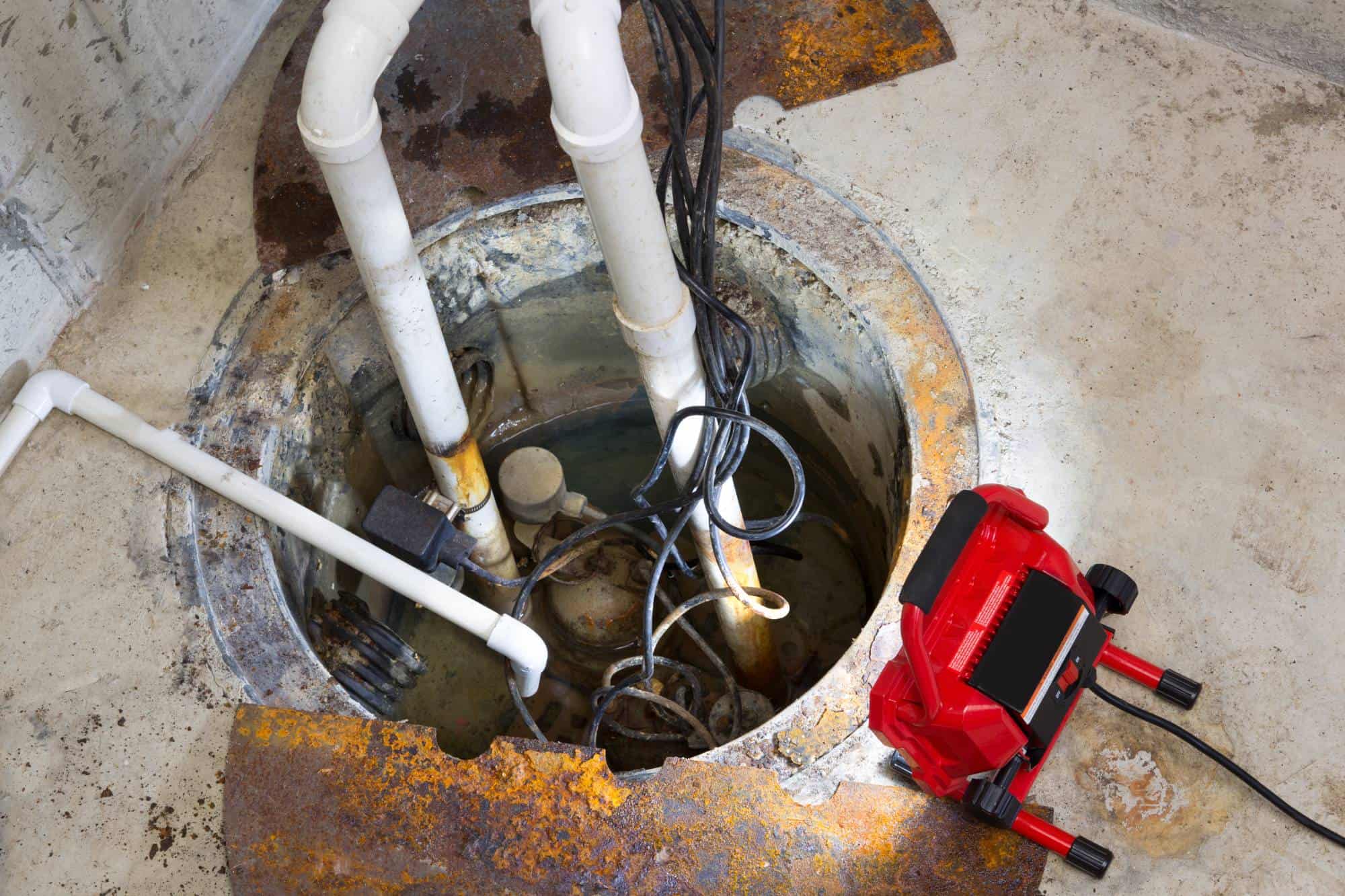
First, we assess your basement’s lowest point and determine the right location for your sump pit. We dig the pit to proper depth and install the liner that will house your pump.
Next, we connect the discharge pipe that carries water away from your foundation. This pipe runs outside and directs water to a safe drainage area away from your home.
Then we install and test your sump pump system. We make sure the float switch activates at the right water level and that the pump cycles properly. You’ll see exactly how it works before we leave.
We clean up completely and walk you through basic maintenance so you know what normal operation sounds like.
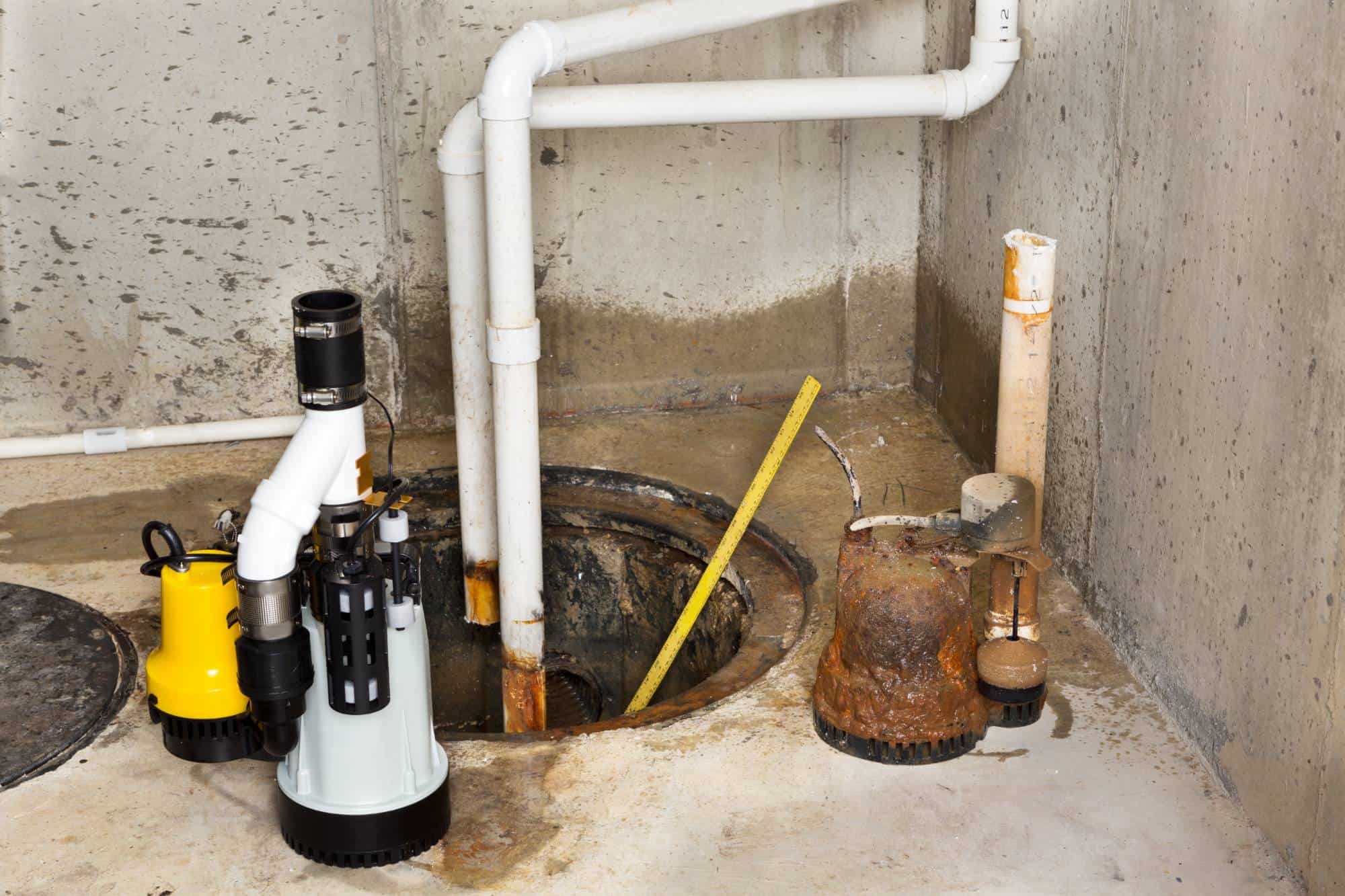
Ready to get started?
Your installation includes sump pit excavation, proper liner installation, and discharge pipe routing to a safe drainage area. We handle all permits and ensure code compliance throughout the process.
We install the pump, test all components, and verify proper operation before considering the job complete. You’ll receive warranty coverage on both the equipment and our installation work.
Many Streamwood homes benefit from battery backup systems that keep pumping even when storms knock out power. We’ll discuss whether backup power makes sense for your situation and budget.
